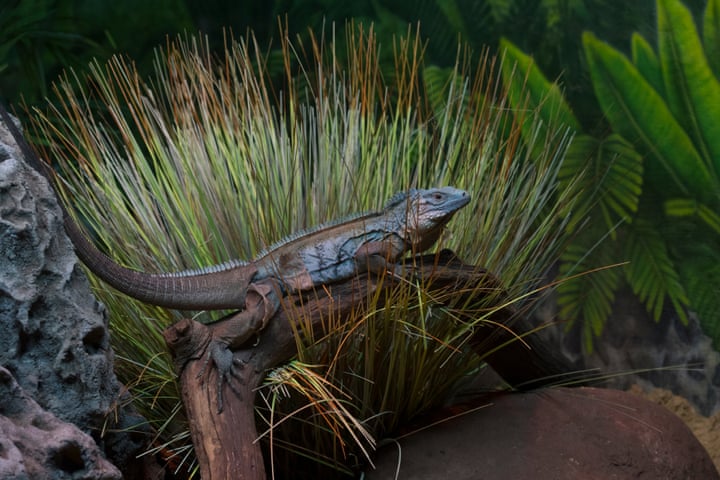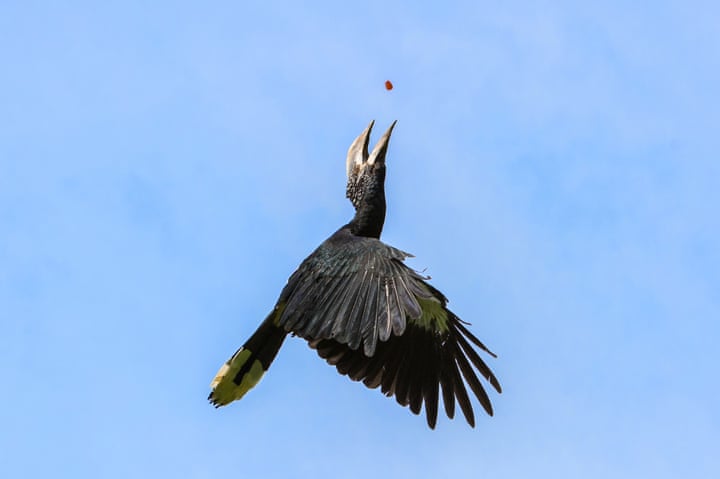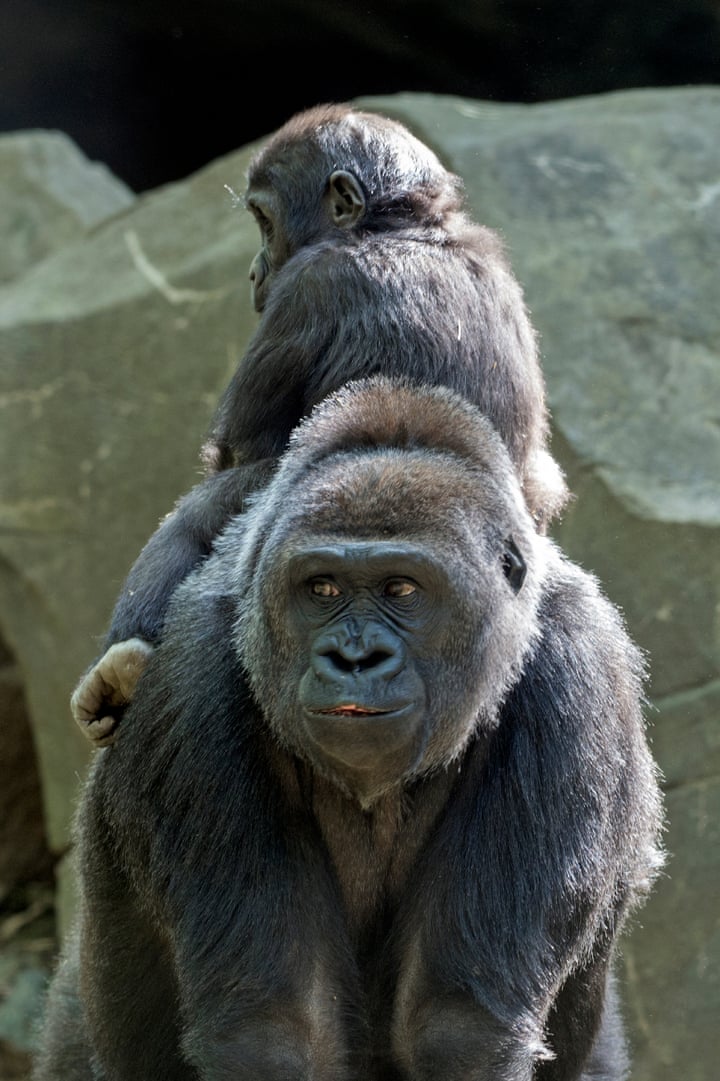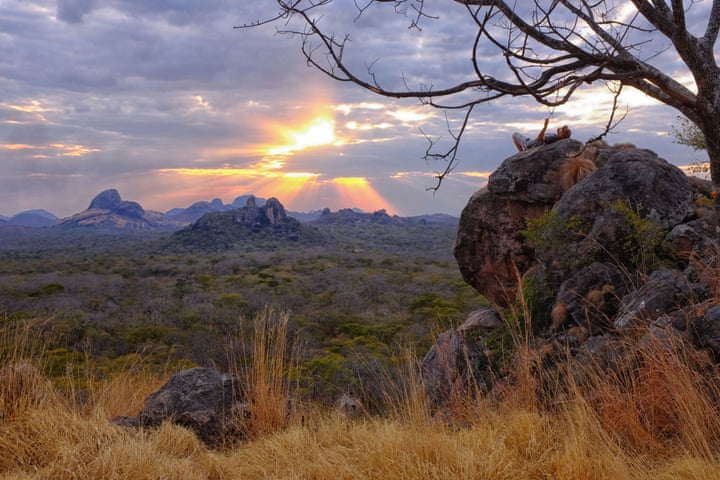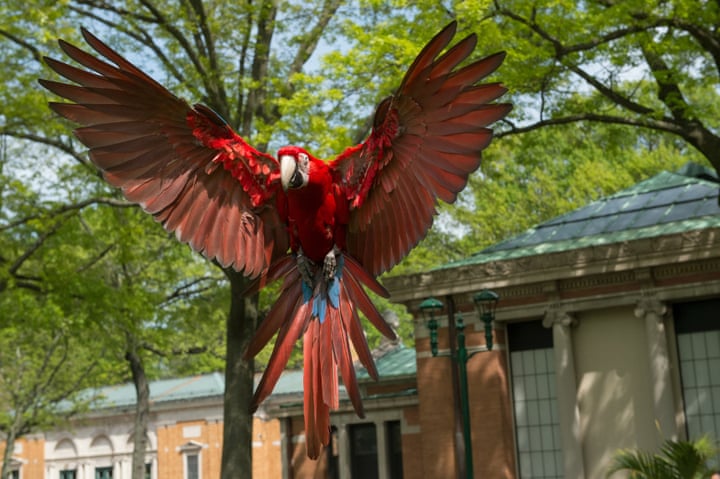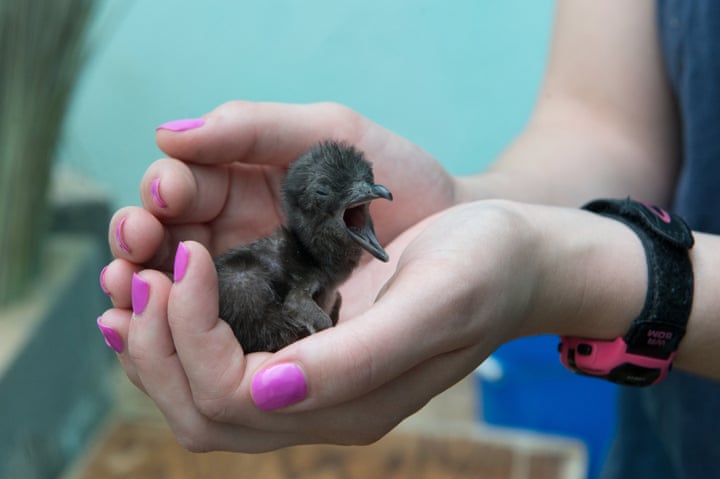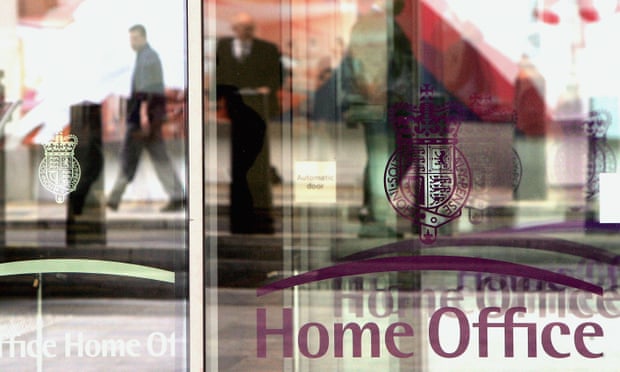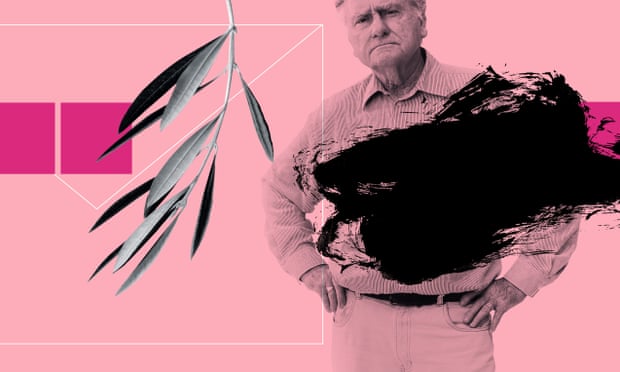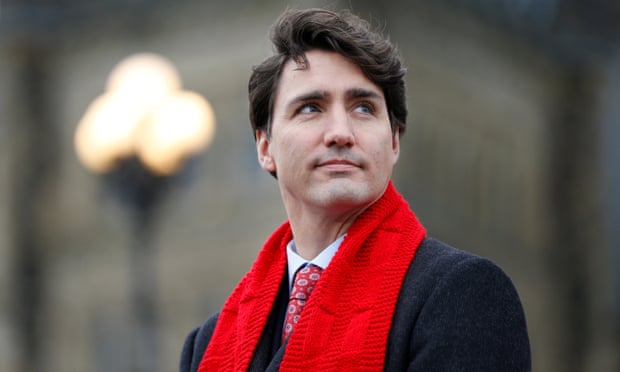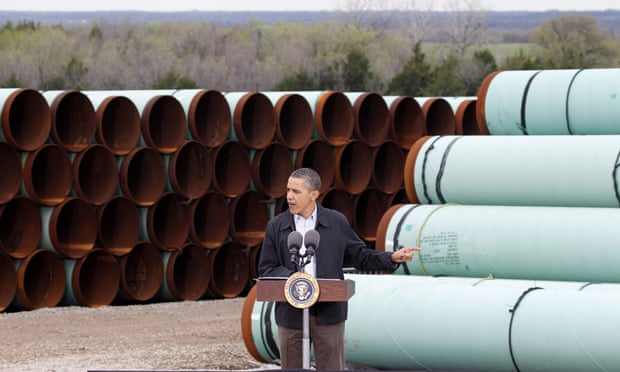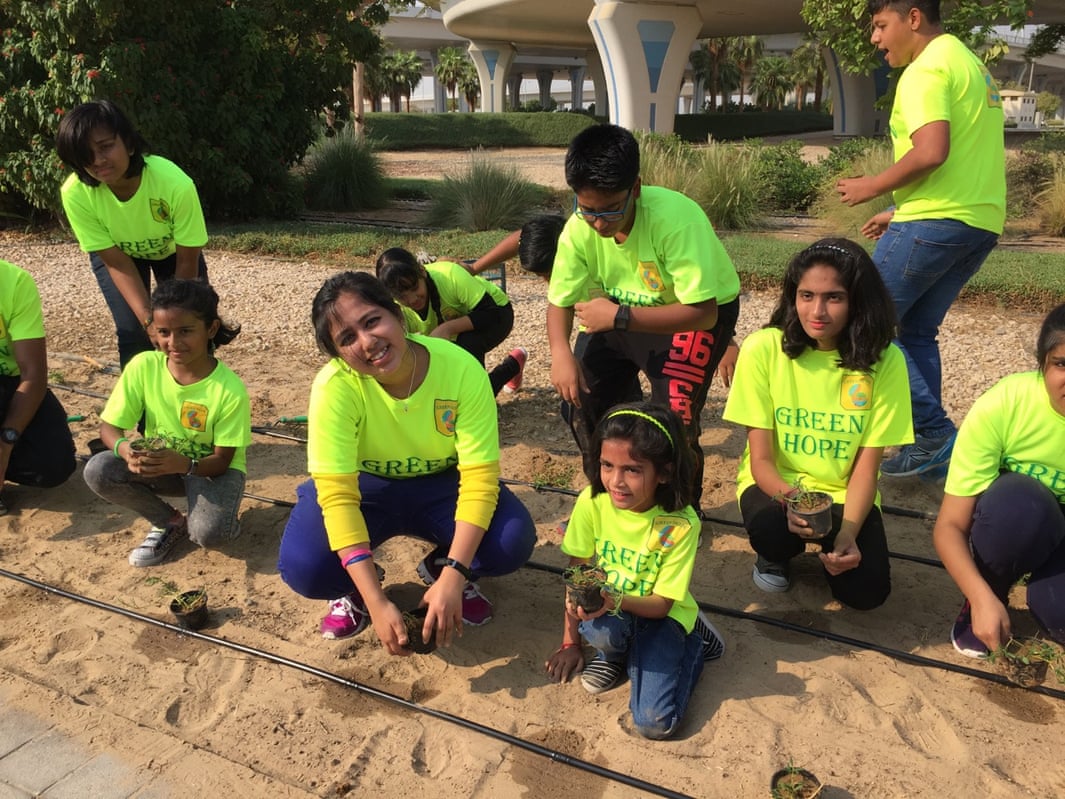Favourite Wildlife Pics.
Gerrishon Sirere II
December 21, 2016
0 Comments
Wildlife Conservation Society's favourite pictures of 2016
Rodrigues fruit bats and Amur tigers are among the species supported by WCS, which operates five wildlife parks in New York City and works to save wildlife and wild places in nearly 60 countries and all the world’s oceans
A silvery cheeked hornbill (Bycanistes brevis) goes after a grape mid-flight high above Astor Court at Bronx zoo. The display of aerial dexterity was part of the second annual Birds In Flight demonstration that gave zoo visitors a close-up experience with dozens of bird species.
Photograph: Julie Larsen Maher/WCS
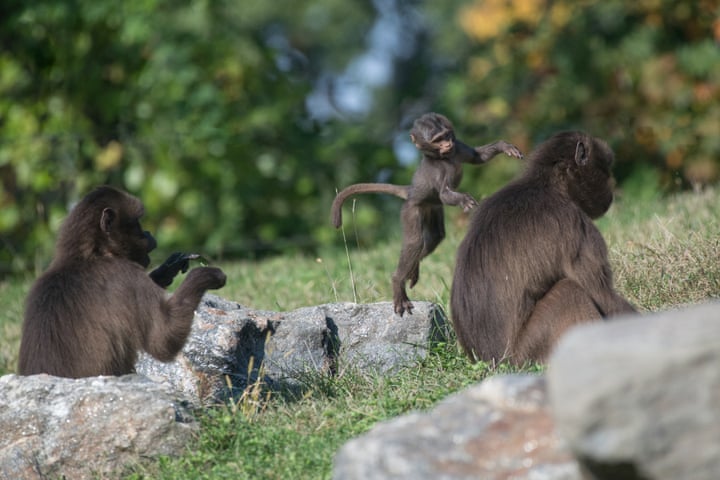
For the second year in a row, the zoo’s gelada baboons ( Theropithecus gelada) produced offspring. The family groups can be observed at the zoo’s Baboon Reserve. Photograph: Julie Larsen Maher/WCS

Photograph: Julie Larsen Maher/WCS



